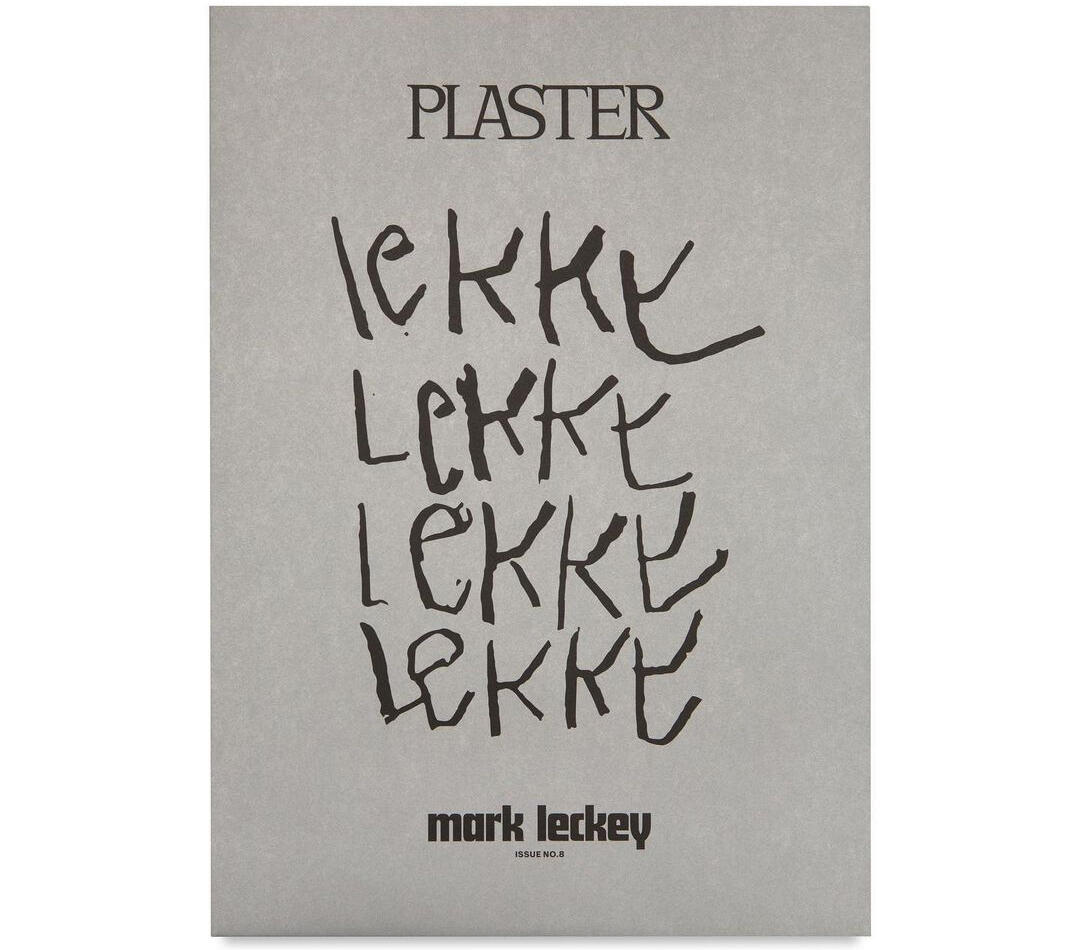Editor’s Picks: ‘The Stroll’ Is a History of Manhattan’s Sex Workers
Other highlights include Plaster, a quarterly poster magazine dedicated to contemporary artists, and a new stage adaption of Derek Jarman’s Blue
Other highlights include Plaster, a quarterly poster magazine dedicated to contemporary artists, and a new stage adaption of Derek Jarman’s Blue

Frieze Editor’s Picks is a fortnightly column in which a frieze editor shares their recommendations for what to watch, read and listen to.
The Stroll
Leila
The two films on my radar both screened at BFI Flare: London LGBTQIA+ Film Festival in March. As the credits rolled on The Stroll (2023), the entire audience gave the directors, Zackary Drucker and Kristen Lovell, a standing ovation. ‘In all my years working here,’ said the senior festival programmer Michael Blyth from the stage, ‘I’ve never seen a reception like this.’

Lovell spent decades amassing material on queer sex workers of colour operating around Manhattan’s 14th Street, known colloquially as ‘the stroll’, between the 1970s and ’90s. The film draws on her own experiences working the street and contains candid interviews with her friends. They discuss the risks involved in such work, and how attempts to ‘clean up’ the city by former mayors Rudolph Giuliani (1994–2001) and Michael Bloomberg (2002–13) paved the way for rapid gentrification and the displacement of communities. The Stroll is an example of someone – Lovell – reclaiming and taking control of an important but largely untold history.

Staying with politically urgent documentaries, Fariba Haidari’s Leila (2023) is another film everyone should watch. It follows the eponymous Leila, a transgender schoolteacher in Herat, Afghanistan, before the Taliban regained control in 2021. The short film offers audiences a view into the day-to-day life of a queer person existing in a contested region, attempting to educate and care for others despite facing intractable dangers herself.
Plaster
In London, the space for arts journalism continues to shrink after the recent closures of publications such as Elephant and Gal-Dem. However, new players are beginning to emerge. Plaster is a quarterly poster magazine from gallerist Milo Astaire and his brother, photographer Finn Constantine. Each issue is dedicated to one contemporary artist and folds out into an A1-sized poster image, with essays and interviews on the reverse side. The latest issue trains its lens on Turner Prize-winner Mark Leckey.

What’s Contemporary Now
In preparation for the forthcoming issue of frieze, I’ve been listening to the podcast What’s Contemporary Now? Leading figures in fashion, including editor of i-D Alastair McKimm and photographer Glen Luchford, assess the culture and industry around fashion. Host Christopher Michael is unintrusive and asks questions that are open but direct.
Things to Do This Spring
I recommend Frida Orupabo’s solo show ‘Things I Saw at Night’ at Modern Art, Helmut Row in London and Isaac Julien’s upcoming survey, ‘What Freedom Is to Me’ at Tate Britain. Also, to mark the 30th anniversary of Derek Jarman’s film Blue (1993), actors Travis Alabanza, Jay Bernard, Joelle Taylor and Russell Tovey star in a new stage adaption. Directed by Neil Bartlett, Blue Now (2023) will tour UK venues and festivals in May.
Main image: The Stroll, 2023, film still. Courtesy: the artists and HBO






















